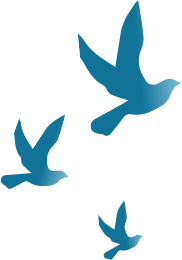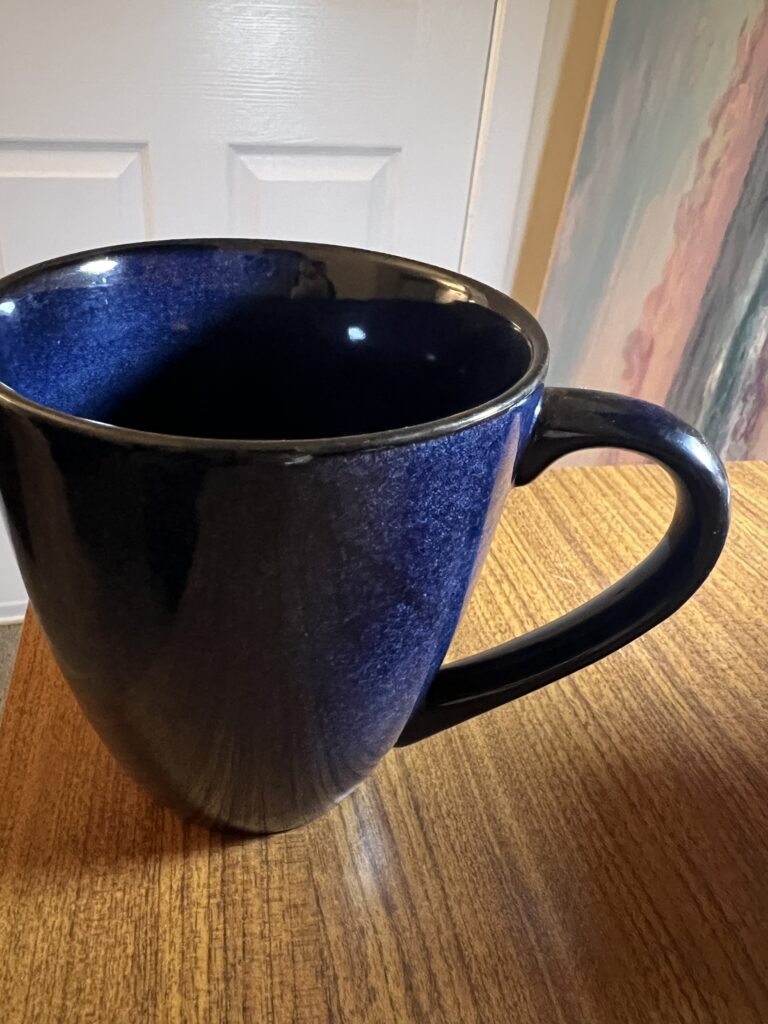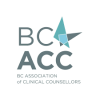I LOVE coffee. Truly, it’s been like waking up to a best friend every day for the last eight years. It was my one vice, a deeply rooted ritual that I coveted as an essential part of starting the day off right.
Not surprisingly, quitting coffee was never in my plans. But now in my mid-40s, like many women in my age group, I’ve had to learn the hard way that cultivating a lifestyle that keeps my hormones in balance means the difference between suffering on multiple levels and thriving. For me, hormonal imbalance led to fatigue, insomnia, headaches, and mood fluctuations.
To combat this, I’ve worked on initiating several healthy lifestyle habits in the last few years, and I’m proud to say that overall, things have been in check. I eat a whole foods diet, focusing on balancing my blood sugar levels, avoiding fried foods and processed sugars. I exercise regularly, take time for spiritual and emotional self-care, and recently did a deep cleanse that had a powerful effect on my digestion. I regularly take supplements and don’t use alcohol or other substances.
All of these changes have made an important difference in my overall well-being. I have more energy day to day, less pain, and feel relatively balanced in mind and body. Despite this, I was still dealing with some sleep dysfunction, mood disturbances (before my cycle), and headaches.
Continuing on my mission to heal and thrive again, I had to face the fact that coffee was the one last thing I hadn’t investigated as a culprit in my imbalances. Reluctantly, I did some research. I learned that for some people, caffeine can be a beneficial stimulant, enhancing alertness and concentration. Studies have shown that moderate coffee consumption can reduce the risk of several chronic diseases, including Parkinson’s disease, Alzheimer’s, and type 2 diabetes .
However, for others like myself, caffeine can be a double-edged sword. Through my research I also learned the following:
1. Blood Sugar Levels: Coffee can affect blood sugar levels by causing spikes and crashes. Caffeine intake can impair insulin sensitivity, leading to higher blood sugar levels and resulting in energy fluctuations and mood swings.
2. Nutrient Absorption: Coffee can prevent the absorption of certain nutrients and medications. Caffeine, for instance, can interfere with the absorption of calcium and iron, which are crucial for maintaining healthy bones and preventing anemia.
3. Neurotransmitters: Coffee blocks adenosine, a neurotransmitter that promotes sleep, leading to a false sense of motivation and focus by borrowing energy from the future. This blocking effect is what helps you feel more awake and alert after consuming coffee.
4. Sleep and GERD: Coffee can negatively affect sleep quality and contribute to gastroesophageal reflux disease (GERD). Studies show that caffeine can delay the timing of your body clock, reduce total sleep time, and its acidic nature can exacerbate GERD symptoms, making heartburn and acid reflux worse.
5. Mental Health: For individuals with mental health challenges like anxiety and panic disorders, caffeine is known to exacerbate these symptoms. Research indicates that caffeine can increase anxiety levels and, in some cases, trigger panic attacks, even several hours after consumption.
6. Addiction: The stimulant effect of caffeine can lead to a dependency, where the body relies on it to feel awake and alert, masking underlying fatigue and imbalance.
7. Hormones and Mood: The fluctuations caused by caffeine intake can affect hormone levels, particularly in women. These fluctuations can lead to mood swings and other symptoms of hormonal imbalance, such as increased premenstrual syndrome (PMS) symptoms.
By understanding these effects, I realized that coffee was likely contributing to my health issues, and it seemed like the last lifestyle change I needed to make.
But I had to do it carefully! The thought of the most horrific headache of my life two years prior from having to stop coffee for a day for a medical procedure sends chills down my spine. I did NOT want to suffer like that again.
So, gently weaning myself was in order—one exact cup per day, then to ¾ a cup, to ½, all the way down to counting sips, 3, 2, then 1, and finally none. I’m pleased to say I only suffered minor withdrawal symptoms during this three-week weaning period, including slight headaches and fatigue.
Now, a week off, I feel… relaxed. It’s a peculiar feeling to me. I don’t have the ‘go-go-go’ energy constantly pulsing through my veins that I thought was just a part of my personality. And I know exactly how I’m feeling moment to moment. I feel like I have more patience with myself. I heard someone call this state experiencing “authentic energy,” as opposed to the fake energy of coffee. When I’m tired, I’m tired, and that’s usually only after a lot of sustained energy. I’m avoiding caffeine of all kinds, including chocolate, all of which I previously enjoyed and admittedly used as crutches for avoiding uncomfortable feelings, even subtly. In the space of not using these crutches, I’m starting to feel more closely aware of myself and my feelings in the moment, and using them as an opportunity to draw on prayer and mindfulness to elicit a positive mindset rather than masking uncomfortable feelings. It feels authentic and somewhat honouring to myself.
My mood has improved. The other day, something that would normally trigger a lot of reaction in me was less triggering. I got over it more quickly. My GERD has also improved, and so have my headaches. It’s early, and my sleep is just okay still, but I’ve heard it can take a few weeks to see benefits with sleep.
The Final Judgement
Overall, I’m glad I cut the caffeine (I can’t believe I’m saying that!). And my new hot herbal replacement beverage is starting to grow on me and that helps a lot. I’m curious how I’ll feel in a month’s time. I’ll write another blog post then and share what else I notice.
I want to conclude by saying that whether to caffeinate or not is a personal decision that should be made based on individual health needs and responses. If it wasn’t so clear that it was affecting me personally, I’d still be enjoying it daily! In the end, my health suffered too much to justify continuing to have it, so I took the plunge and quit. If you don’t suffer negative consequences from coffee and perhaps even benefit from it, please, by all means, drink away! And have one for me too 🙂
I hope that sharing my journey quitting caffeine will inspire you to listen to your body and make choices that support your overall well-being. Remember, what works for one person might not work for another, and finding balance is key to thriving.
At NeurAlive, our counsellors regularly refer clients to naturopathic physicians who can help adjust their diet and lifestyle to support mental health and well-being. We also offer counselling and neurofeedback to help you create behavioural changes that align with your lifestyle goals. You don’t have to do it alone!
By Elinor Taylor







